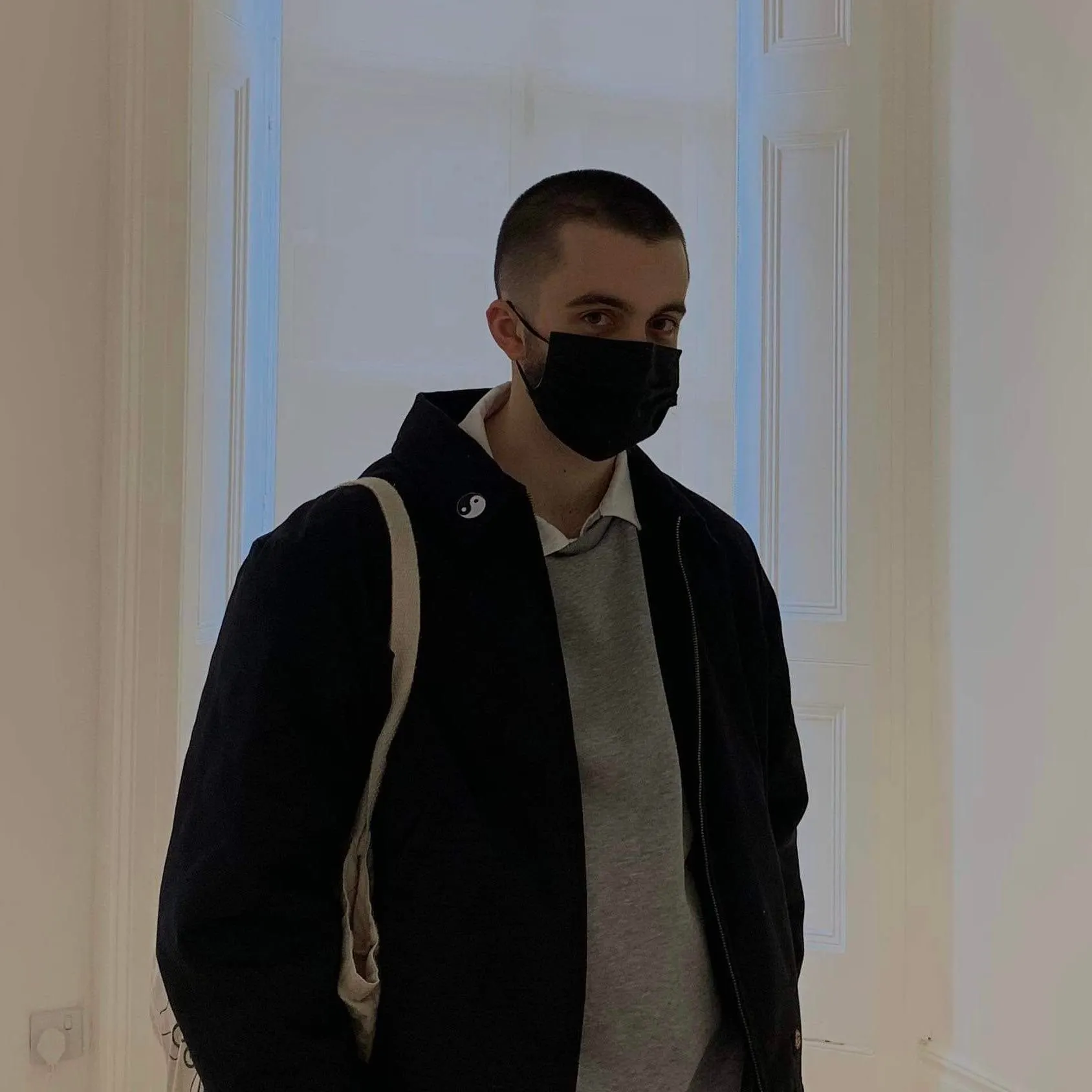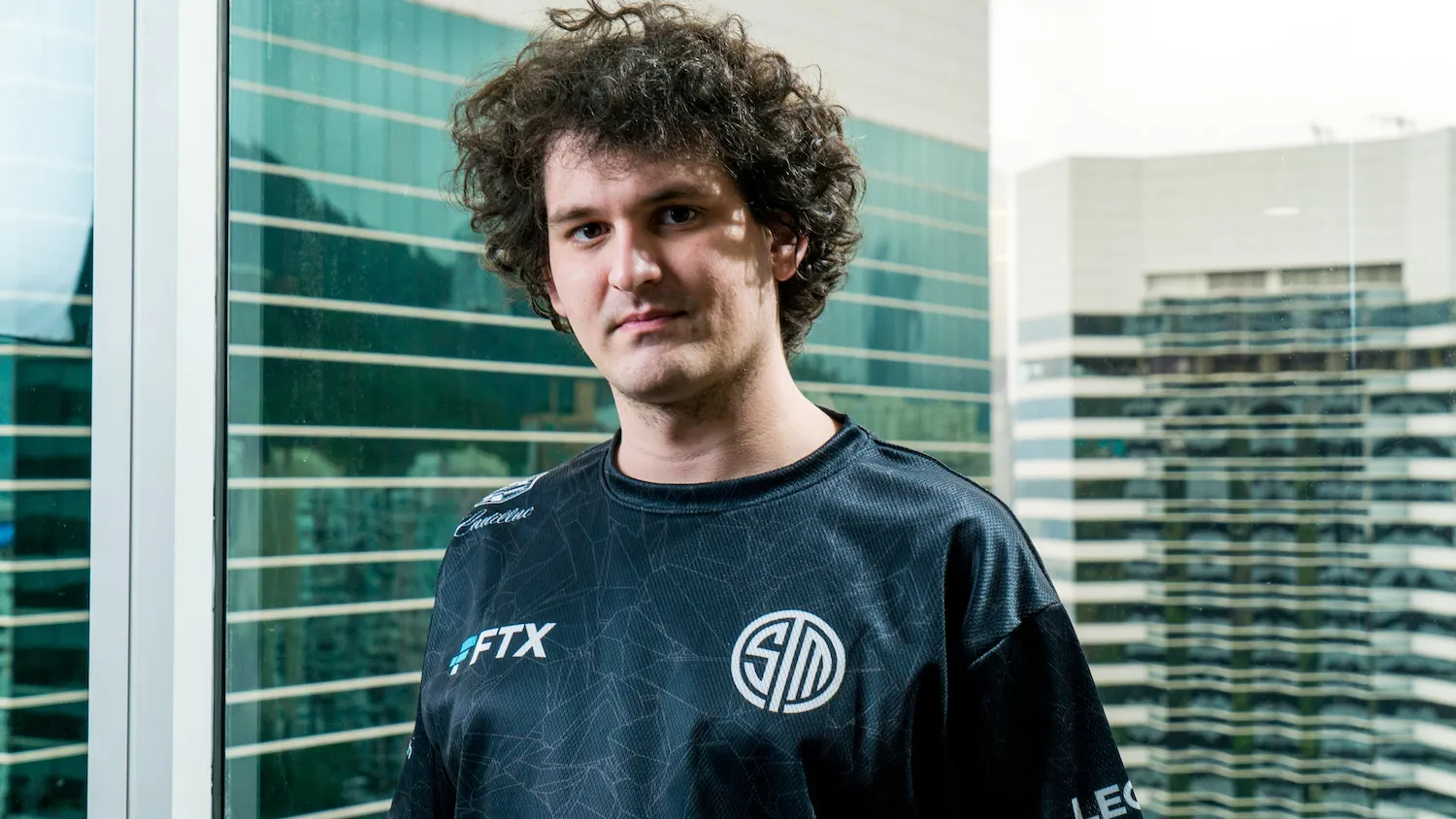Michael Lewis, author of "Going Infinite", an account of the rise and fall of Sam Bankman-Fried, has argued that the disgraced FTX founder didn't have "the character of a thief" in a new The Washington Post article.
“His crime was of a piece with his character. The character wasn’t the character of a thief. It was the character of a person numb to risk.” Lewis explained in the final paragraphs of a 4,500 word essay adapted from a new introduction to his book. “Unable to feel risk himself, he can’t really imagine other people feeling much at all about the risk he has subjected them to. It’s this absence in him that leads him, when cast in a certain light, to seem vulnerable.”
American author Lewis made his name with the book "Moneyball: The Art of Winning an Unfair Game," which profiled the Oakland Athletics baseball team, and "The Big Short: Inside the Doomsday Machine" which documented the build up and burst of the U.S. housing bubble. Both books were subsequently adapted into feature films starring Brad Pitt.
For "Going Infinite," Lewis landed the story of a lifetime: the author was "embedded" with Bankman-Fried for six months, preparing a profile of the FTX boss, before the exchange's overnight collapse. But his book faced a backlash on publication, as critics took aim at the author for "fawning" over Bankman-Fried and developing a "misguided soft spot" for the convicted fraudster.
In his Washington Post article, Lewis defended his book as a "fuller description of events," that "might enable a reader to render a verdict more nuanced than ‘innocent’ or ‘guilty.’"
Bankman-Fried was sentenced to 25 years in prison in March after being found guilty of seven counts of fraud, money laundering, and conspiracy. The FTX boss was found to have siphoned over $8 billion in customer funds, using them to fund everything from moonshot venture investments to paid sponsorships with celebrity athletes like Tom Brady.
Lewis doubled down on previous claims that Bankman-Fried wasn't running a Ponzi scheme, arguing that "The crime was unnecessary to the business in a way that, say, Bernie Madoff’s was not," and that "The crime made no sense."
The collapse of FTX, he added, "might have been avoided and FTX might have survived."
“That doesn’t mean I think that Sam Bankman-Fried is innocent. It merely informs how I feel about him,” Lewis explained. “I think the truth is closer to ‘young person with an intellectually defensible but socially unacceptable moral code makes a huge mistake in trying to live by it’ than “criminal on the loose in the financial system.’”
Bankman-Fried's "peculiar" way of looking at the world manifested itself, Lewis argued, in his "most unsettling trait: a willingness to subject others to risk without their permission."
"Sam was always encouraged to think of himself as special — first by his parents and finally by Jane Street, the trading firm where he got his start," said Lewis, adding that, "The situation was complicated by the fact that he was special."

